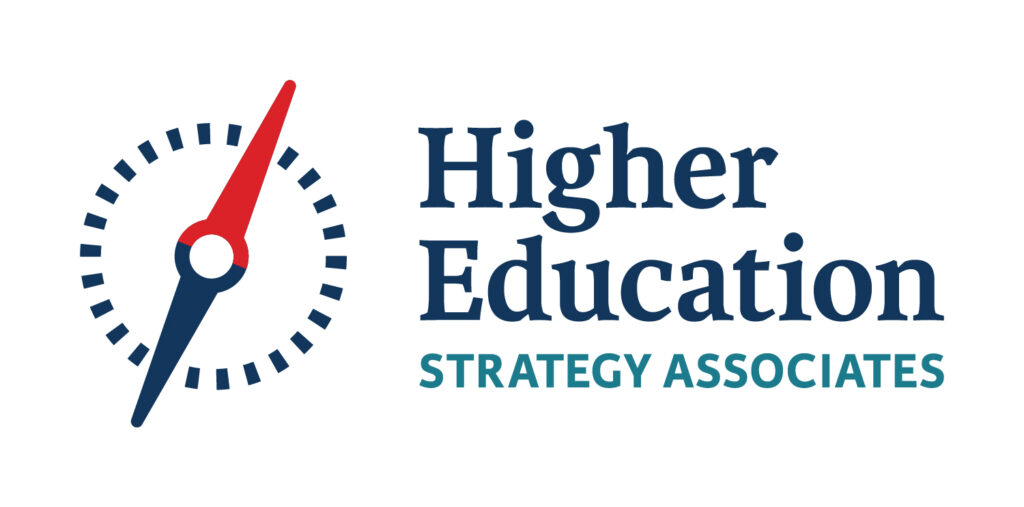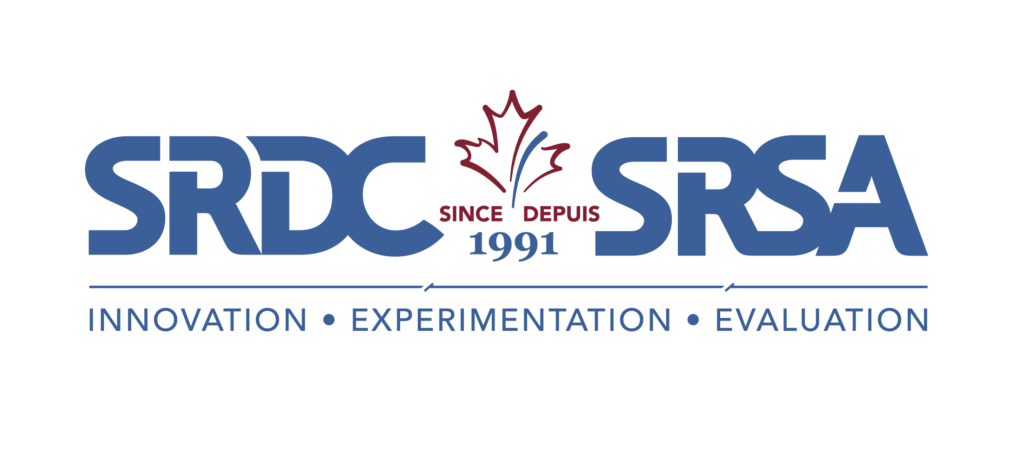HEQCO has established a research consortium to engage higher education stakeholders to develop evidence-based research projects and share findings that will inform policies and practices around international education in Ontario. The consortium will examine various issues within international education, including but not limited to, the accountability of international student recruitment and admission processes; community partnerships that support international student success; PCC program quality assurance and oversight; relationship between credential and labour market; relationship between credential and immigration pathway/status during and after PSE.
The goal of the consortium is to address the following questions:
- How can institutions, communities, and government support quality, accountability and sustainability of international education in Ontario?
- How can government and institutions support the transition of international students to successful labour market outcomes and immigration?
More details about the specific projects and the institutions involved can be found below.

Canadian Bureau of International Education (CBIE)
Interventions that Work: Strengthening Supports for International Student Labour Market Participation and Retention in Ontario
This project will investigate networks, programs and services that support international students in transitioning into the labour market and becoming permanent residents in Ontario. Focusing on the Hamilton region, the project will identify and develop a framework of the most effective supports to provide community leaders and policymakers with interventions that can be replicated in other communities across Ontario. CBIE will partner with McMaster University, Mohawk College, the Hamilton Chamber of Commerce and the Hamilton Immigration Partnerships Council to carry out this research. The project will map the network of international student interventions offered by educational institutions, municipalities, businesses and community groups; conduct focus groups and individual interviews with employers and international students to inform new and improve existing interventions; and survey international students across Canada using CBIE’s existing biannual International Student Survey, to examine students’ experiences with work, work-integrated learning and interventions.
Key research questions:
- What interventions are available to international students and employers to facilitate international student engagement with work within the Hamilton community?
- How are interventions ensuring alignment with labour market needs within the community?
- What patterns emerge in student engagement with the interventions when viewed by international student demographic characteristics, degree or credential sought, and field of study?
- What best practices about international student interventions can be applied in other communities?
To learn more about this project, contact the Primary Investigator: Melissa Payne (MPayne@cbie.ca).


The Dais at Toronto Metropolitan University and Medow Consulting
Project Title: Ontario International Students’ Experiences in Postsecondary Studies and Work
This project will explore the in-study work and WIL (work-integrated learning) experiences of international students in their journeys through postsecondary education in Ontario. Using a mixed method approach, this project will provide a better understanding of the outcomes and experiences of current and completed international students in Ontario.
Key Research questions:
- What are the motivations and aspirations of current and recent international students in Ontario regarding their employment and immigration pathways?
- What are the in-study work and WIL experiences of international students in Ontario, and how do they compare across university and college experiences and fields of study?
- What actionable insights about international student experiences in studies, work and life in Ontario should inform institutions and policies in postsecondary and adjacent domains (e.g. workforce development, immigration)?
To learn more about this project, contact the Primary Investigator: Graham Dobbs (graham.dobbs@torontomu.ca)
Full project report (external site)

Fleming College
Mapping Program to Labour Market Success for International Students and Graduates: Community Focus, Ontario Impact
This project will investigate the alignment between postsecondary programming and employment in the communities surrounding Fleming College campuses, including its Public College-Private Partnership programs, to understand the local impact of international students and graduates. A specific focus will be on identifying successes and challenges related to immigrant pathways and international education. Fleming College will partner with Vicinity Jobs, New Canadians Center, and Carmella Valles Immigration Consulting. The research team will document current and graduate international student footprints in Fleming’s communities using surveys, alumni datasets and the Ontario College Graduate Outcomes Survey. The research team will also map postsecondary credentials to labour market opportunities using data from program offerings at Fleming college and other colleges as well as labour market data from the National Occupation Classification system, Training, Education, Experience and Responsibilities categories, and the Classification of Instructional Programs.
Key research questions:
• Where do Fleming College international students work?
• Where do Fleming College international graduates work?
• How closely related is international student employment to existing programming?
• How well does international graduate employment align with postsecondary programming?
To learn more about this project, contact the Primary Investigator: Jason Dennison (Jason.dennison@flemingcollege.ca).

Higher Education Strategy Associates Inc.
Assessing Models for Regulating International Education Agents
This project will explore models for the regulation of international education recruitment agents in other international, national, and subnational jurisdictions to determine if aspects of these models could be applied to international agents in Ontario. Using reviews of relevant literature and extensive stakeholder interviews, this project will propose possible models and recommendations for regulating recruitment agents that will meet the needs of various stakeholders in student recruitment in Ontario.
Key research questions include:
- How do other jurisdictions define international agents?
- How do other jurisdictions regulate international agents?
- How do other jurisdictions sanction rogue agents?
- Are there economies of scale to arranging policies at a jurisdictional level rather than by having individual colleges and universities make their own separate contracts?
- How do universities and colleges view their current legal and wider exposure pertaining to international student recruitment?
- What international regulatory models would be feasible and acceptable to Ontario stakeholders?
To learn more about this project, contact the Primary Investigator: Alex Usher (ausher@higheredstrategy.com)

Social Research and Demonstration Corporation
PSE Pathways and Outcomes of International Students in Ontario
This project will investigate the pathways of select cohorts of international students to identify trends over time in the composition of students; their schooling, migration, and labour market outcomes; and whether or not they register in publicly assisted institutions in Ontario once they enter Canada with a student visa. Analysis will be based on data from a recent linkage in Statistics Canada’s Education and Labour Market Longitudinal Platform (ELMLP), which includes postsecondary and apprenticeship enrollment records from public institutions (Postsecondary Student Information System and Registered Apprenticeship Information System) and annual tax information (T1 Family File), with the Longitudinal Immigration database (IMDB). Through this work, this project will improve the understanding of the relationships between credentials and labour market outcomes in Ontario, as well as between credentials and immigration pathway/status during and after postsecondary study.
The project answers an overarching question concerned with the nature of the relationship between international student characteristics in Ontario and their schooling, labour market, and migration outcomes. It will answer six sub-questions that contribute to determining this overall relationship:
- What are the characteristics of international students and do they differ by institution (college/university) or credential (certificate, diploma, bachelor’s degree, etc.)? What are the differences and similarities across cohorts over time?
- What are the graduation rates of international students across their various student, program, and immigration characteristics?
- What are the Ontario and Canadian labour market outcomes (i.e., earnings) of international students and do they vary across student, program, and initial immigration characteristics?
- How do the background and immigration characteristics of such study permit holders compare to those of other cohorts in this study? What are the differences across cohorts over time?
- What are the migration outcomes of study permit holders overall, and is there a difference between these and international students observed in public institutions?
- What are the Canadian labour market outcomes (i.e., earnings) of study permit holders in the different groups?
For more information, please contact the Primary Investigator: Reuben Ford (rford@srdc.org)

University of Toronto
International Students’ Growing Presence in Private Career Colleges: A Landscape Analysis of Policy and Practice
This project will investigate what changes to government regulations and institutional practices are needed to ensure the sustainability and quality of the private career college (PCC) sector. Using a pan-Canadian landscape analysis, a website audit of the regulatory environment, and a survey of representatives from PCCs, this project will improve the transparency and accountability of PCCs to prospective and current international students.
Key research questions:
- What are the regulatory requirements for establishing PCCs in Ontario and registering academic programs? What additional requirements are in place for institutions to gain and maintain their status as designated learning institutions to permit international students?
- How do the regulatory requirements for PCCs in Ontario for recruiting international students compare to those in other provinces?
- How well do PCCs, including those with public college-private partnership (PCPP) arrangements, align to regulatory guidelines for marketing their academic programs? Is all information on academic programs, tuition and fees, immigration pathways, and employment outcomes accessible and transparent?
- How do PCCs recruit international students? What is the role of agents in recruitment and are there any standards of practice for the use of agents?
- How do PCCs market their programs to international students and what types of support services do they provide?
- How do these regulatory requirements and processes of recruitment and marketing shift in the context of the PCCs within PCPP arrangements? How are these activities monitored by government and/or the public college as specified by the Binding Directive?
For more information, please contact the Primary Investigator: Elizabeth Buckner (elizabeth.buckner@utoronto.ca) and Glen Jones (glen.jones@utoronto.ca)
